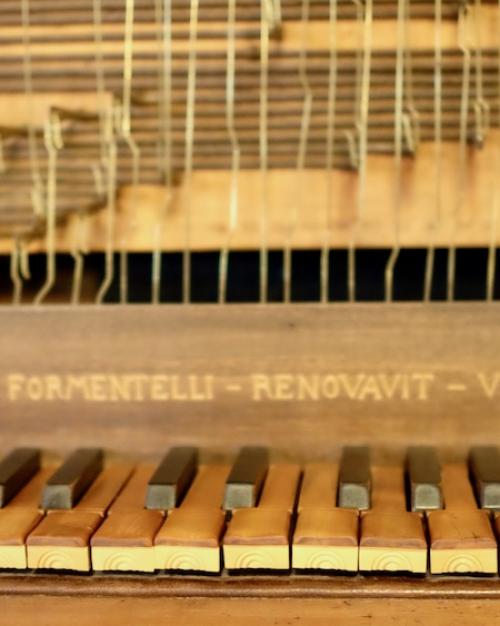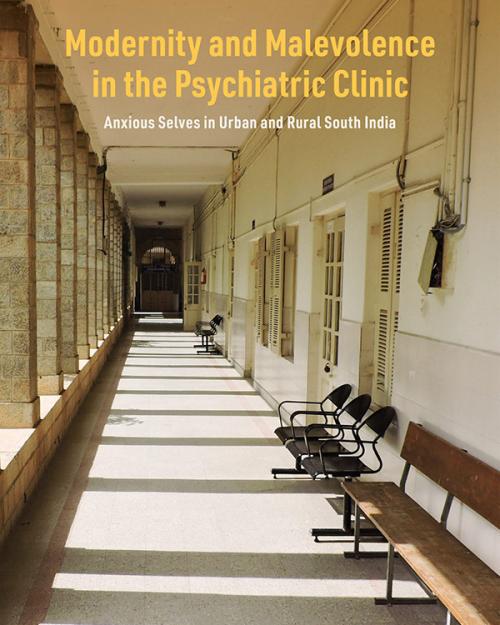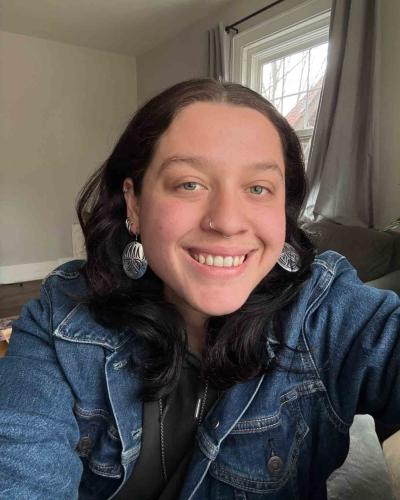Alexander Bentley '25 shares his experiences majoring in anthropology as he reflects on his time at Cornell before graduation.
What inspired you to choose Anthropology as your major? Do you have a specific area of interest?
I chose to major in Anthropology because I wanted to understand the broader theoretical and methodological frameworks that the subfield of archaeology stems from. Anthropology offered a way to explore not only the material past through archaeology, but also the sociocultural and biological dimensions that shape human experience across time. Since I’m particularly interested in bioarchaeology and archaeological science, studying anthropology has allowed me to engage with questions of health, identity, and power from an interdisciplinary perspective. It’s helped me think critically about how we interpret the past through human remains.
Was there a particular faculty member or class that influenced you?
Professors Kurt Jordan, Matthew Velasco, and John Henderson have each played pivotal roles in solidifying my commitment to the Anthropology major at Cornell. Professor Jordan’s approach to Indigenous archaeology resonated with my values and inspired me to explore how archaeology can serve descendant communities. Professor Henderson’s courses helped me understand the broader complexities of ancient empires, especially in relation to material culture and power, which laid the groundwork for my comparative thinking across colonial contexts. Most influential, however, has been Professor Velasco, whose Bioarchaeology and Human Osteology courses were instrumental in shaping my decision to pursue bioarchaeology in the future.
What accomplishments/activities are you most proud of while at Cornell?
One of the things I’m most proud of during my time at Cornell is how I’ve stayed deeply engaged with student communities like NAISAC, AISES, and the water polo club, all while exploring and expanding my academic interests. Through AISES, I was able to secure internships for two consecutive summers, gaining valuable field experience in archaeology. I’ve also taken courses across a range of disciplines, such as medieval studies, classics, and Indigenous studies alongside anthropology and archaeology, which has helped me develop a more interdisciplinary and nuanced research perspective. I’m especially proud of taking initiative in pursuing hands-on learning opportunities, like studying abroad at the Intercollegiate Center for Classical Studies (ICCS) in Rome, which I found through the classics department, and participating in the Bamburgh Research Project field school, which I connected with through the archaeology department. These experiences have been transformative in shaping both my academic path and my commitment to ethical, community-centered research.
What are your plans for the near future?
In the near future, I will be attending the University of Oxford to pursue a Master’s in Archaeological Science. This program will allow me to deepen my training in scientific methods in archaeology, with the goal of further exploring the long-term health impacts of colonialism through human remains. I’m excited to continue building on the research foundation I developed at Cornell, especially in courses like Bioarchaeology and Human Osteology, and to work within an international academic community that supports interdisciplinary and ethical approaches to the past.
What do you think you'll miss most about Cornell/Ithaca after graduation?
What I’ll miss most about Cornell and Ithaca are the people I’ve met and the communities I’ve been a part of. From student organizations like NAISAC and AISES to the close-knit academic communities within anthropology, archaeology, and beyond, I’ve been surrounded by people who are passionate, supportive, and deeply inspiring. These relationships have been such an important part of my growth.
Do you have any advice for students new to Anthropology?
My biggest piece of advice for students new to Anthropology is to explore as widely as possible. Anthropology is such a broad and interdisciplinary field so don’t be afraid to take courses outside your comfort zone. Some of my most meaningful academic experiences came from stepping into new areas like medieval studies or Indigenous studies. Also, connect with your professors early! They’re incredibly supportive and can guide you toward opportunities like fieldwork and study abroad programs that can shape your path in ways you might not expect. And finally, find your community. Having people who share your passions and values makes all the difference.





